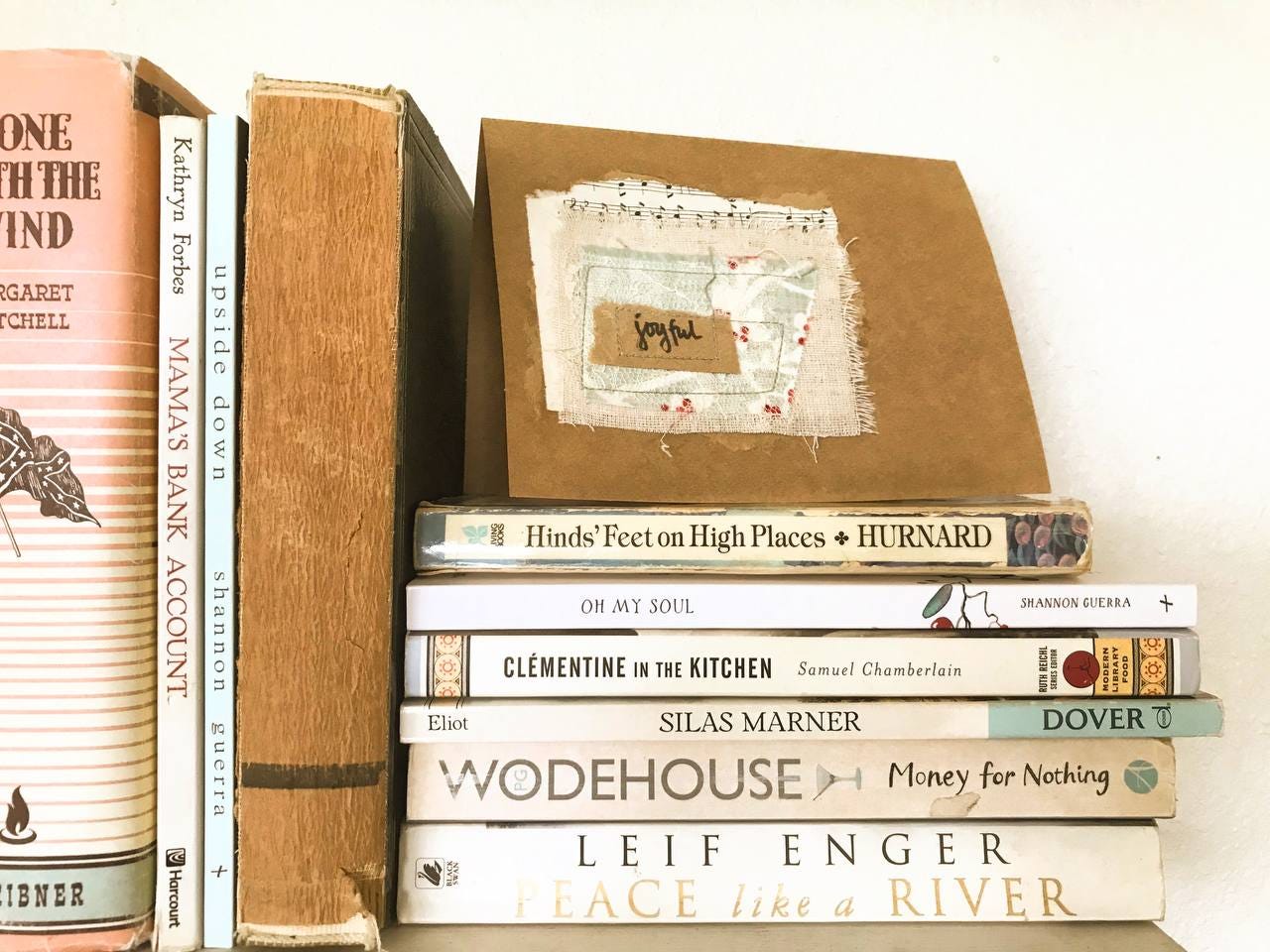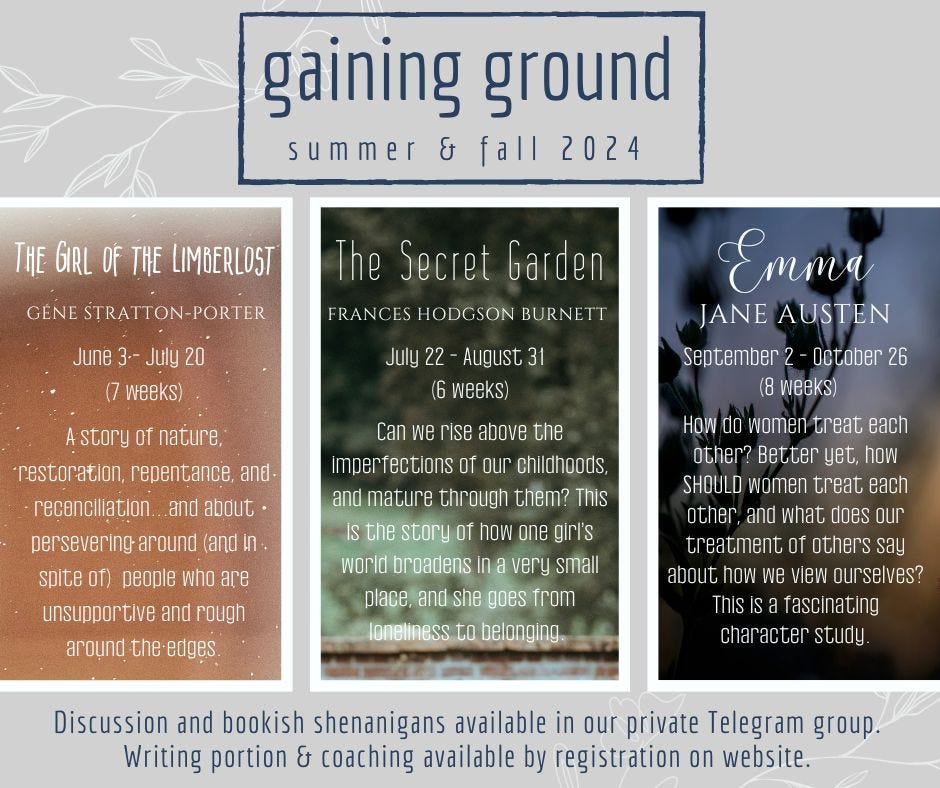Writing is like this: We start putting down words and lines and paragraphs, and for a while that’s okay, things are fine, we mumble things to ourselves and go back and forth glaring at the page, but that’s totally normal. After enough writing and deleting and glaring and mumbling, you realize the piece is almost put together.
But what often happens – and this could be anytime during the process, but often it’s when you’re nearly done – you realize the topic veered in a way that wasn’t what you meant to write about. The entire thing went in an unexpected direction to a place you had no intentions of traveling to, and yet you somehow find the landscape eerily familiar and pleasant. You wonder if you should stay, or go back to your original itinerary.
Maybe, possibly, you just spent all those hours writing 1750 words that are destined for the nebulous purgatory of your ideas file.
Huh, you think. I’m not even sure I can redirect and fix this.
But then you push through because you know there’s good stuff in there and suddenly even though it’s not at all what you expected (and also you need a new title, because that doesn’t fit anymore either) you’ve arrived at the bottom of the document with the kind of accomplishment that is the perfect blend of surprise and confirmation, because you know you couldn’t have arranged it that way yourself.
All those ideas, and thoughts, and brilliant connections. The revelation you discovered as you poured words out. You didn’t realize you had it in you.
I know we’re in the middle of 1984, but I don’t want to talk about it; I want to go back to Lilith. Yes, that was two books ago and I already mentioned it in three (four?) posts, but there’s a section in it that is all about surrendering to the work of pouring ourselves onto the page and risking vulnerability.
That’s not at all what it’s talking about on the surface, which is spiritual surrender to God. But when people have a longing to write they are first faced with the cold, unsympathetic white page, and it’s their job to fill it, but they’re afraid they won’t like what they see – and they definitely don’t want anyone else to see it, either.
Truly, truly, I say to you, unless a grain of wheat falls into the earth and dies, it remains alone; but if it dies, it bears much fruit.
Whoever loves his life loses it, and whoever hates his life in this world will keep it for eternal life.
If anyone serves me, he must follow me; and where I am, there will my servant be also. If anyone serves me, the Father will honor him.
— John 12:24-26
But this, too, is a dying to self. Because if you’re a writer, there’s stuff in you that will never see the light of day unless you let it out onto the page.
We have to surrender (sleep, allow ourselves to be vulnerable) to wake, and see what was inside us waiting to be written all along. And this is why Lilith is also about writing:
She glanced at her daughter lying before her like a statue carved in semi-transparent alabaster, and shuddered from head to foot. “How cold it is!” she murmured.
“You will soon begin to find comfort in the cold,” answered Adam.
“Promises to the dying are easy!” she said.
“But I know it: I too have slept. I am dead!”
“I believed you dead long ago; but I see you alive!”
“More alive than you know, or are able to understand. I was scarce alive when first you knew me. Now I have slept, and am awake; I am dead, and live indeed!”
– George MacDonald, Lilith (chapter 40, “The House of Death”)
So that’s writing. But what about reading? If writing is about finding what’s underneath our surface, reading is about touching new elements and finding what sticks to us. Or maybe a better way to say it is our eyes go over the words, and as they do, some of those words enter and change us. And if we want to be thoroughly changed – or have as many new elements strengthen us as possible – we need to read a broad range of books.
And here’s where we can bring 1984 back into the discussion:
For if leisure and security were enjoyed by all alike, the great mass of human beings who are normally stupefied by poverty would become literate and would learn to think for themselves; and when once they had done this, they would sooner or later realize that the privileged minority had no function, and they would sweep it away. In the long run, a hierarchical society was only possible on a basis of poverty and ignorance.
– George Orwell, 1984 (part 2, chapter 9)
If becoming literate equates to (or results in) learning to think for ourselves, and if learning to think for ourselves protects us from becoming slaves to a hierarchy bent on profiting from our poverty and ignorance, well...I guess we need to stick it to Big Brother, and read more books.
Here’s a fun way we’ve been doing for the last few years:
It's in progress, as you can see. We started this one in January.
We all read differently. Vin, for example, usually reads one or two books at a time, while I read about ten books at a time plus whatever I'm reading at the moment with the kids or the whole family (I explain why in this post). And this list is just for fun – we've never yet checked off all the categories by the end of the year – and we update and refine the categories yearly (an older version is shown in this post).
If you're curious, here's how I attempt reading broadly: Out of the ten books I read at a time, four are usually novels. I try to maintain good boundaries between genres and timelines so I don't confuse story lines or characters. And I prefer classics, so usually only one is modern fiction, and for my purposes, "modern" should be loosely interpreted to include anything this side of 1970ish.
Out of the non-fiction books, I try to keep them roughly in different categories to force discipline myself to read outside my favorite subjects, and mostly rotate among the following:
memoir/autobiography/biography
writing and business
homesteading/farming/gardening
kingdom living
food and cooking
psychology
health
parenting and education
history and economics
I'd love to hear your eccentric reading habits, too.
If you or your kids would like to try a version of this reading list just for the summer – either on your own or together, or with a couple of friends – here are two versions you can download. Feel free to make your own, too.
And now, some updates…
We'll be done with 1984 in a couple weeks and then the fun books start! (I'm kidding, but also serious.) The next books for June through October are The Girl of the Limberlost, The Secret Garden, and Emma, in that order. This lineup is fab for girls, but also good for boys; Emma is definitely better for high schoolers than middle schoolers because of the language style, but you know your kids. These three books total about 1100 pages and each book has two writing assignments, so it's a significant chunk of a high school English credit if you need a supplement to your homeschool language arts curriculum and don't want to always be on the teacher-y end of assigning writing to your kids. (I know, your kids would NEVER whine about writing, but if they do, you can send them to me.😎) If you'd like to register either yourself or your student(s) for this writing coaching, you can do that here, and there’s a discount for purchasing all three writing portions together.
And also…
Looking for some fresh books? Here are a couple we've read lately that the kids loved.
The Tuttle Twins and the Miraculous Pencil is about how it takes many people, materials, and skills to make some of the simplest things. A great lesson on economy and production — and it's Tuttle Twins, so there's no woke nonsense. We love this series and if you purchase through this link we get a commission at no cost to you.
The Princess and the Goblin by George MacDonald is great for about 7-8 years and up. The language is advanced but the imagery and excitement help hold kids' attention through the parts they might glaze over 😁 and even our 5 year old loved it. A bunch of goblins (not scary) plot to steal Princess Irene to marry their gross prince Harelip — but they're discovered, and many heroic acts ensue. There's much in it about belief, prayer, loyalty, dignity, and spiritual warfare. 🔥 It's here at ThriftBooks.








